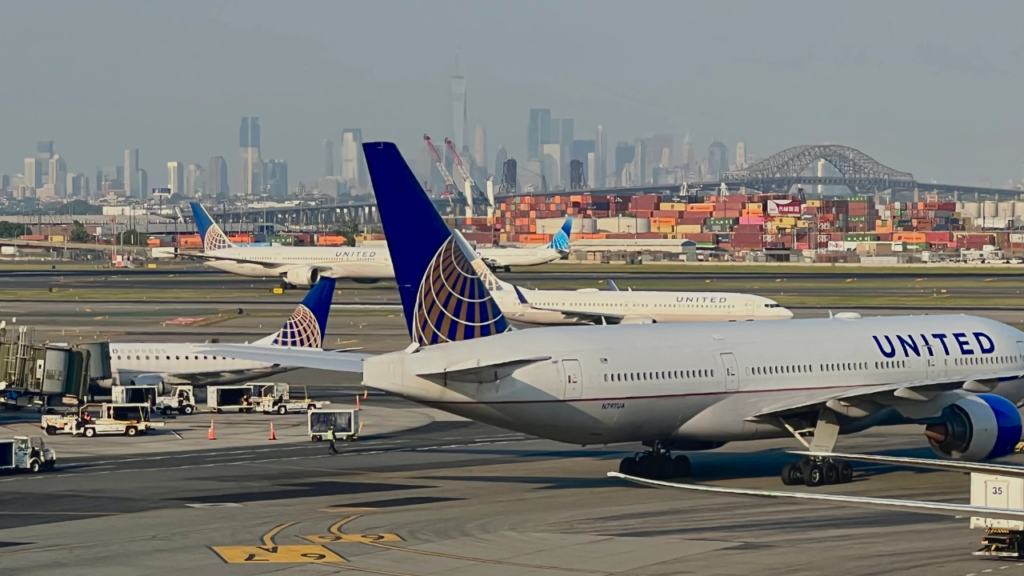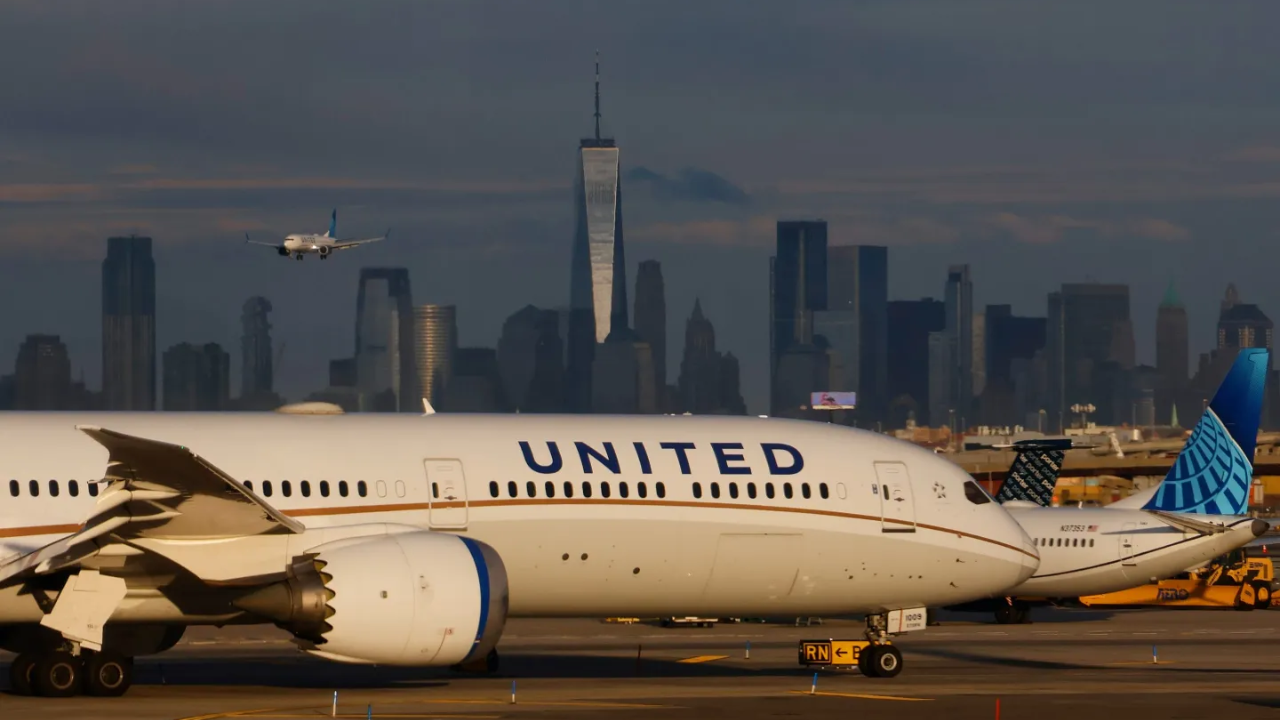United Airlines has decided to cut 35 daily round-trip flights at Newark Liberty International Airport due to ongoing technology issues and staffing shortages at the Federal Aviation Administration (FAA).
These cancellations, which account for about 10% of the airline’s flights at the major East Coast airport, will begin this weekend. The decision comes after a week of significant delays, including a flight from Boston that was delayed by more than five hours.
The airline pointed to FAA technology failures and staffing shortages as the primary reasons for the delays.
Nearly one-quarter of the FAA’s air traffic controllers at Newark Airport walked off the job this week, protesting the malfunctioning technology, which exacerbated the already chronic understaffing at the agency.
This situation led to the FAA issuing a Ground Delay at Newark, one of the busiest airports in the United States.
United CEO Scott Kirby expressed disappointment in having to make further cuts to Newark’s already reduced flight schedule, but he emphasized that without immediate solutions to the FAA staffing issues, the airline had no choice.
Kirby highlighted how, in recent days, technology failures in FAA systems caused massive disruptions, including hundreds of delayed and canceled flights and diverted aircraft.
According to Kirby, more than 20% of the FAA’s controllers at Newark walked off the job because of these technology failures.

An anonymous air traffic controller at Newark told NBC News that the controllers lost radar and radio communication on separate days earlier this week, leading to confusion and safety concerns.
One notable incident involved United Airlines Flight 2016 from Boston’s Logan Airport, which was delayed by almost six hours on Friday.
In comparison, the drive from Logan to Newark would take just under four hours, according to Google Maps. Another affected flight, El Al’s LY 27 from Tel Aviv, was delayed by nearly 13 hours.
The FAA issued a Ground Delay for flights landing at Newark on Friday, warning that delays would continue throughout the evening, with an average delay of 127 minutes per plane.
The New Jersey Port Authority, which oversees Newark, has called on the FAA to address the staffing shortages and speed up the technology upgrades that are causing these disruptions in the busiest airspace in the country.
Despite billions of dollars invested by the Port Authority to modernize Newark, they emphasized that these improvements depend on a fully staffed and upgraded federal air traffic control system.
Transportation Secretary Sean Duffy visited the FAA’s radar control center in Philadelphia to assess the situation, expressing frustration over the outdated technology causing these issues. He stressed the need for a complete overhaul of the air traffic control system.
In the face of these challenges, United’s CEO has supported the Trump administration’s proposals for investing in FAA technology, infrastructure, and staffing.
However, he has also called for Newark to be designated a Level 3 slot-controlled airport, which would officially acknowledge that Newark cannot handle its high volume of traffic without significant changes to its operations.
Disclaimer- Our team has thoroughly fact-checked this article to ensure its accuracy and maintain its credibility. We are committed to providing honest and reliable content for our readers.






